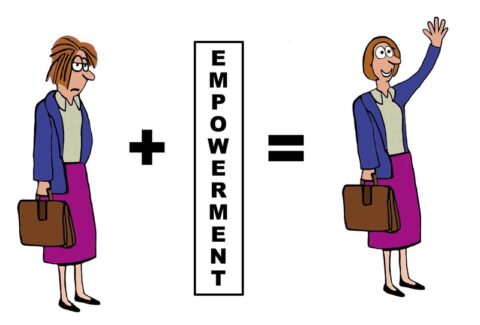Nurturing Resilience: Systemic Changes to Address Clinician Burnout
Introduction
Clinician burnout has emerged as a pervasive issue in healthcare, affecting the well-being of those dedicated to healing others. Recognizing the urgency of this problem, systemic changes are imperative to foster an environment that prioritizes the mental health and resilience of healthcare professionals.[1]
Streamlining Administrative Processes
One of the primary stressors for clinicians is the burden of administrative tasks.[2] Streamlining paperwork, digitizing processes, and optimizing electronic health records can significantly reduce the time spent on non-clinical duties, allowing clinicians to focus more on patient care.
Workload Management and Work-Life Balance
Systemic changes must address workload management, ensuring that clinicians are not overwhelmed with excessive patient loads or extended work hours. Implementing policies that promote a healthy work-life balance[3] is crucial for preventing burnout.
Mental Health Support
Creating a culture that destigmatizes mental health concerns is vital. Systemic changes should involve providing accessible mental health resources, counseling services, and training programs that equip clinicians with coping strategies and resilience-building techniques.
Leadership and Organizational Support
Leadership[4] within healthcare organizations plays a pivotal role. Encouraging supportive leadership that values the well-being of clinicians fosters an environment of trust and open communication. This includes acknowledging and addressing burnout as a legitimate concern.
Team-Based Approaches
Shifting towards team-based care models can distribute responsibilities more evenly among healthcare professionals. Collaboration and shared responsibilities not only reduce individual burdens but also enhance the overall effectiveness of patient care.
Flexible Scheduling
Recognizing the diverse needs of clinicians, systemic changes should incorporate flexible scheduling options. Allowing for variations in work hours and patterns can accommodate the unique preferences and lifestyles of healthcare professionals.
Well-Being Training Programs
Incorporating well-being training programs into medical education and professional development can equip clinicians with the tools to navigate stress and adversity. These programs should focus on resilience, stress management, and maintaining a sense of purpose in their challenging roles.
Advocacy for Systemic Reform
Addressing clinician burnout requires advocacy for broader systemic reforms within the healthcare industry.[5] This involves identifying and rectifying systemic issues such as resource allocation, reimbursement models, and organizational structures that contribute to burnout.
Conclusion
Systemic changes are the linchpin in the fight against clinician burnout. By implementing these comprehensive reforms, we can create a healthcare landscape that not only values the well-being of clinicians but also ensures that they can continue to provide high-quality care without sacrificing their own mental health. It’s a collective responsibility — from healthcare organizations and policymakers to individual clinicians — to build a system that nurtures resilience and supports those who dedicate their lives to healing others.
[1] Yang, Ying, and Jeffrey A. Hayes. “Causes and consequences of burnout among mental health professionals: A practice-oriented review of recent empirical literature.” Psychotherapy 57.3 (2020): 426.
[2] O’Connor, Karen, Deirdre Muller Neff, and Steve Pitman. “Burnout in mental health professionals: A systematic review and meta-analysis of prevalence and determinants.” European Psychiatry 53 (2018): 74-99.
[3] Kotera, Yasuhiro, et al. “Burnout in professional psychotherapists: Relationships with self-compassion, work–life balance, and telepressure.” International journal of environmental research and public health 18.10 (2021): 5308.
[4] Green, Amy E., et al. “The roles of individual and organizational factors in burnout among community-based mental health service providers.” Psychological services 11.1 (2014): 41.
[5] Satterthwaite, Margaret, et al. “From a Culture of Unwellness to Sustainable Advocacy: Organizational Responses to Mental Health Risks in the Human Rights Field.” S. Cal. Rev. L. & Soc. Just. 28 (2019): 443.







